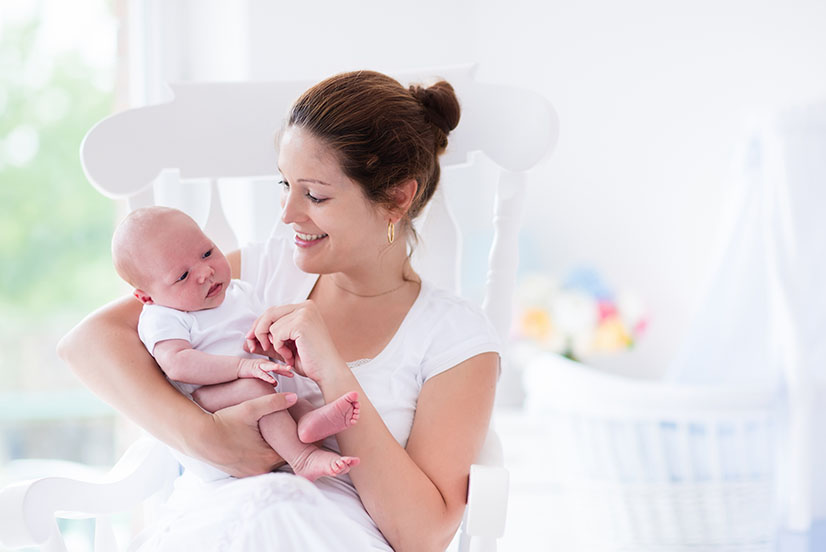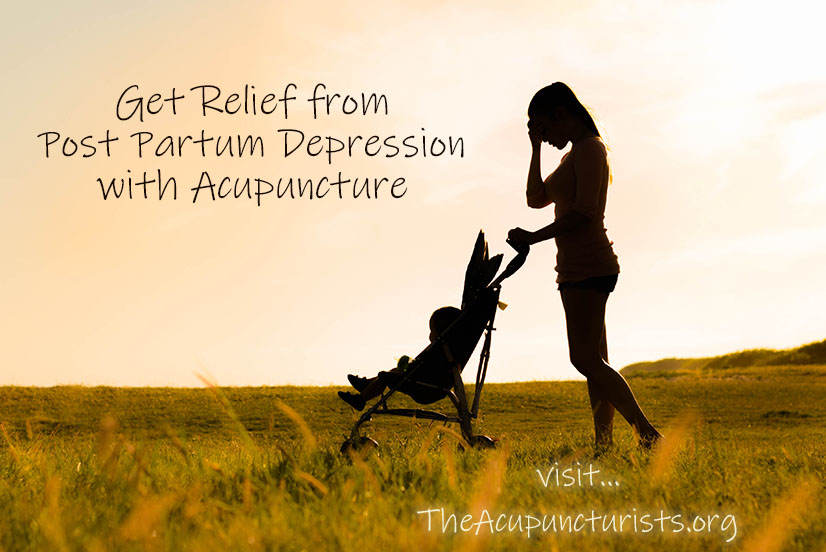By Susan Tretakis – Coral Springs, Fl – Many people think that I am against western medicine, against western doctors and against western hospitals and other western health care facilities.
I’m not. Trust me, I may have come to age in a counter culture society, but I would not want to be treated for a heart attack on the side of the road, or have a broken limb treated without painkillers.
What I do resent is the choke hold the FDA seems to have on people as potential patients; I resent the fact that Big Pharma makes money off of very real illnesses. I feel this resentment every January when the media blasts into our homes with specially priced diets and diet supplements, every spring, when new and improved allergy medicines are advertised and for every commercial graphically describing new and emerging stomach medicines, new and improved migraine medicines.
Every commercial ends with the tagline, “Just check with your doctor” leaving unsaid what you will pay the pharmacist.
I hate that money is made off of the suffering of people. I hate that some of my friends are scrambling to pay for their insulin while others are skipping their high blood pressure medicines because of rising costs from the drug companies. These rising costs sit next to lowered paid benefits from the insurance companies which only result in larger, out of pocket costs to the consumer.
And yes, I am pretty involved with the politics of healthcare, health care costs as well as monitoring current health care legislation. I thought I had read more than my share of horror stories, but nothing shocked me, made me as angry as a recent article in the New York Times about the first drug to be FDA approved for women suffering from postpartum depression.
The article acknowledges that postpartum depression is a serious condition that can be life threatening and it goes on to explain that the drug, brexanoline, which will be marketed as Zulresso, is delivered over 60 hours, during which time the new mother must remain, under strict medical supervision, as an in-patient in a certified medical center.
For these 60 hours, the cost of the infusion averages $34,000 per patient before any possible discounts. Incidentally, these “discounts” are clarified. The drug’s cost does not include the related costs of staying in a medical center for 2 ½ days. While the drug company officials say they “expect” the insurers will cover the treatment, insurers are only saying publicly that they are “evaluating” the drug.
I am appalled.
As a mental health practitioner, I know that postpartum depression is very real. I know that for many, it is a heavy emotional cloud that quickly surpasses its distant cousin of “baby blues” and postpartum anxiety. But for the life of me, I can’t imagine anything more stressful to add to someone already stressed, already anxious, then having to face a six digit hospital bill.
Most new mothers – and fathers – find themselves on an emotional roller coaster after the birth of a child. For the woman, there are great hormonal changes that come from the readjustments of being pregnant to being newly no-pregnant. Most doctors agree that it is normal to feel baby blues directly after giving birth. Signs and symptoms of baby blues – which can last only a few days or a few weeks – may include mood swings, anxiety, sadness, irritability, a sense of feeling overwhelmed, crying, reduced concentrations, trouble with both one’s appetite and trouble sleeping.
A step up from the baby blues is what doctors refer to as postpartum depression. Signs and symptoms include a deeper depressed mood or severe mood swings, excessive crying, difficulty bonding with the baby, withdrawing from family and friends, eating too much or too little, sleeping too much or too little, and overwhelming loss of energy, intense irritability and anger, fears about being a good parent as well as feelings of worthlessness, shame, guilt or other types of personal inadequacies. New mothers can suddenly begin to experience severe anxiety as well as panic attacks.
And if this wasn’t enough to panic an expectant or new mom, there is also postpartum psychosis. This is a rare condition that typically develops within the first week after delivery. Signs and symptoms are severe and may include confusion and disorientation, obsessive thoughts about the baby, hallucinations and delusions, and paranoia.
And don’t think that fathers are unaffected. Research tells us that new fathers can experience postpartum depression as well as new mothers. Fathers may feel sad or fatigued, be overwhelmed, experience anxiety and also suffer from changes in their usual eating and sleeping patterns. Fathers who are young, have a history of depression, experience relationship problems or who are struggling financially are most at risk for postpartum depression. Postpartum depression in fathers, sometimes referred to as paternal postpartum depression, can have the same negative effect on their relationship and effect the development of their child in much the same was postpartum depression in mother can.
In short, postpartum depression and anxiety are very real and very debilitating for all involved. Could Traditional Chinese Medicine – specifically acupuncture – provide an alternative treatment plan – thereby avoiding the additional stressor of massive medical fees?

In Traditional Chinese Medicine, birthing is considered the biggest drain on a woman’s essence or “jing”. “Jing” is basically the battery reserve of strength for life. TCM scholars believed that everyone is born with a finite amount of “jing” and that this “jing” is used steadily throughout ones’ life. Some scholars believe that balancing and nourishing the Qi with acupuncture, along with meditation and other herbal supplements, may help replace the “jing” essence. Early texts write that “jing” is drawn steadily from the kidneys to support the maturation process and is burned rapidly within ones’ body due to stressful events, medications, and stimulants which tend to tap ones adrenal glands.
In essence, the early TCM doctors tell us that it is far wiser to pull the energy one needs from the food we eat and to get the sleep we need.
Traditional Chinese Medicine views birth as a shift “from a yang state, in which the pregnant woman’s body is warm with the high volume of circulating blood and full due to the presence of a baby in her womb, to a more yin state – the empty and cold counterbalance of the yang.” We know that during birth, a woman loses an abundance of Qi, blood, fluids and “jing” essence, thereby becoming deficient in these very vital substances necessary for harmony within the body.
Chinese medicine can complement the recovery period by bringing the mothers’ body back to balance. Using specific Chinese herbs, dietary recommendations and acupuncture – separately and together – brings a woman’s system back to balance – as well as give her new energy – after she has given birth. The main focus of all these TCM treatments is to harmonize the body’s energies within the new mother’s body. The high stressors of modern society are a major culprit here; the societal push to lose “baby weight”, the need to be all things to all people, even the phrase “Super Mom” can throw one’s Qi off balance, affecting both body and mind.
From a Traditional Chinese Medicine viewpoint, postpartum women are extremely blood deficient. During pregnancy, the body’s blood volume has increased to support the fetus. Pregnant woman usually have more luxurious hair, stronger nails and clearer skin. Postpartum life is a bit different; beside the loss of blood associated with childbirth, nursing also depletes fluid levels within the body. TCM identifies this as a “Liver Blood” and/or “Heart Blood/ Yin deficiency”. Treatment includes classical herbal formulas that may address both the root causes and symptoms of postpartum depression and anxiety. Additionally, your TCM practitioner can suggest recommended foods that will nourish the “jing” and rebalance the Qi.
While Chinese herbs and dietary recommendation play important roles in one’s recovery, research shows that acupuncture can be extremely beneficial in addressing symptoms of postpartum depression. Studies show that patients treated with acupuncture regain their natural hormonal balance in a shorter period of time than individuals not treated with acupuncture. Many of the emotional symptoms of postpartum depression have been shown to improve – in both women and men – with continued acupuncture treatments. Some of the literature even suggests that acupuncture may act as an intervention and prevent the onset of postpartum depression. Most importantly, research documents that acupuncture may resolve postpartum depression with much less, if any, pharmacological treatment.
Whether TCM is used to alleviate postpartum depression, treat chronic postpartum depression or to prevent the development of PPD, acupuncture and TCM are effective treatments due to their unique ability to target the root cause of the disorder. Because TCM practitioners are trained to identify subtle changes in a patient’s physiology – as well as to identify how each individuals’ symptoms present themselves. TCM practitioners can identify the underlying physical imbalances that are responsible for postpartum mood changes. This is important and it bears repeating: if small imbalances can be caught and corrected before they have the chance to magnify into serious symptoms – that is, full-fledged postpartum depression – many patients will be saved from unnecessary suffering.
I’m not a Mom, but I’ve been fortunate enough to be considered a “Bonus Aunt” for six “bonus” nieces and nephews. I’ve watched my “Bonus” sisters experience the awe, joy and bliss that usually accompanies a new baby. I’ve also watched some experience sadness, mood swings and inexplicable crying. And, yes, I watched as some were prescribed medication and never doubted or questioned their doctor’s prescription.
My “bonus” sisters were naïve and trusting; I was naïve and trusting as well. Now, years later, I am once again struck by the number of illnesses – in both my personal and professional life – for which I took the conventional route – and never thought to question or seek an alternative treatment.
Postpartum depression joins a long list of illnesses – a list that includes – but is not limited to – vertigo, tinnitus, migraines, ADHD, anxiety, IBS, and PTSD that I now know Traditional Chinese Medicine can successfully treat. Acupuncture, Chinese herbs and dietary management may help alleviate postpartum depression quickly, gently and in many cases, at a greatly reduced cost.
Truly, knowledge is power.
The Acupuncturists serve the communities of Margate, Coconut Creek, Coral Springs, Tamarac, Parkland, Deerfield Beach, accept insurance and offer free consultations daily.
Sources:
- Dr. Landon Agoado, Care Wellness Center
- https://www.nimh.nih.gov/health/publications/postpartum-depression-facts/index.shtml
- https://www.psycom.net/depression.central.post-partum.html
- https://www.nytimes.com/2019/03/19/health/postpartum-depression-drug.html
- https://kellybroganmd.com/a-new-perspective-on-postpartum-depression/
- https://www.shadygrovefertility.com/blog/resources/annas-news-new-research-supports-acupuncture-for-postpartum-depression/
- https://www.yinovacenter.com/blog/traditional-chinese-medicine-for-postpartum-anxiety/
- https://www.pullingdownthemoon.com/blog/2012/11/acupuncture-and-postpartum-depression/
- https://www.healthcmi.com/Acupuncture-Continuing-Education-News/1411-acupuncture-alleviates-postpartum-depression
- https://postpartumprogress.com/study-shows-acupuncture-works-to-relieve-depression-during-pregnancy
- https://www.pacificcollege.edu/news/blog/2018/04/30/tcm-approach-nourishing-new-mother-acupuncture-dietary-therapy-postpartum-healing
- http://www.jademtnhealth.com/articles/post-partum-depression-chinese-perspective
- https://www.mindbodygreen.com/articles/postpartum-confinement-chinese-medicine-new-mothers
- https://wellwomanacupunctureboulder.com/curing-postpartum-depression-safely-naturally/
- https://www.nimh.nih.gov/health/publications/psotpartum-depression-facts/index.shtml

